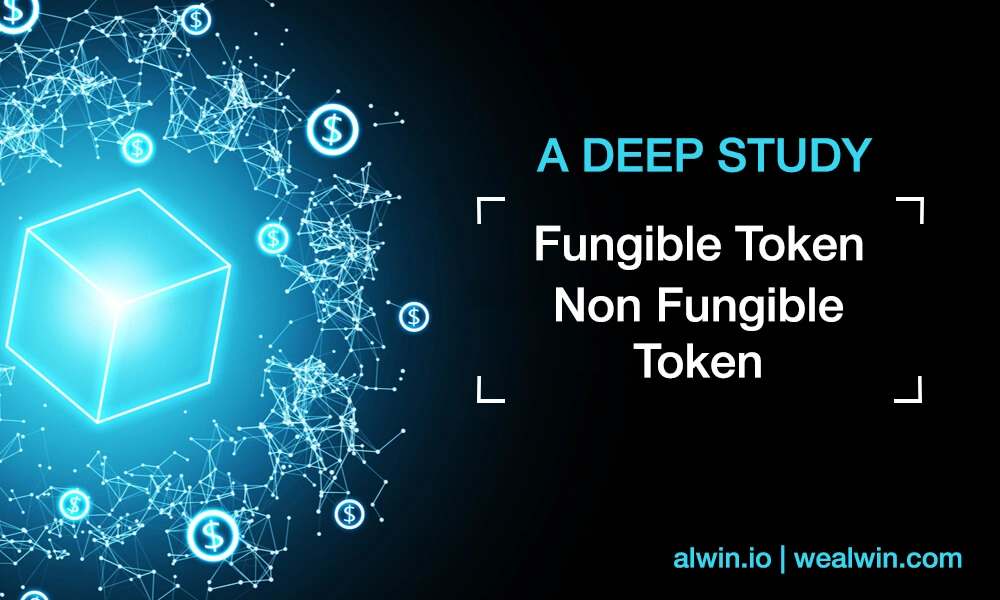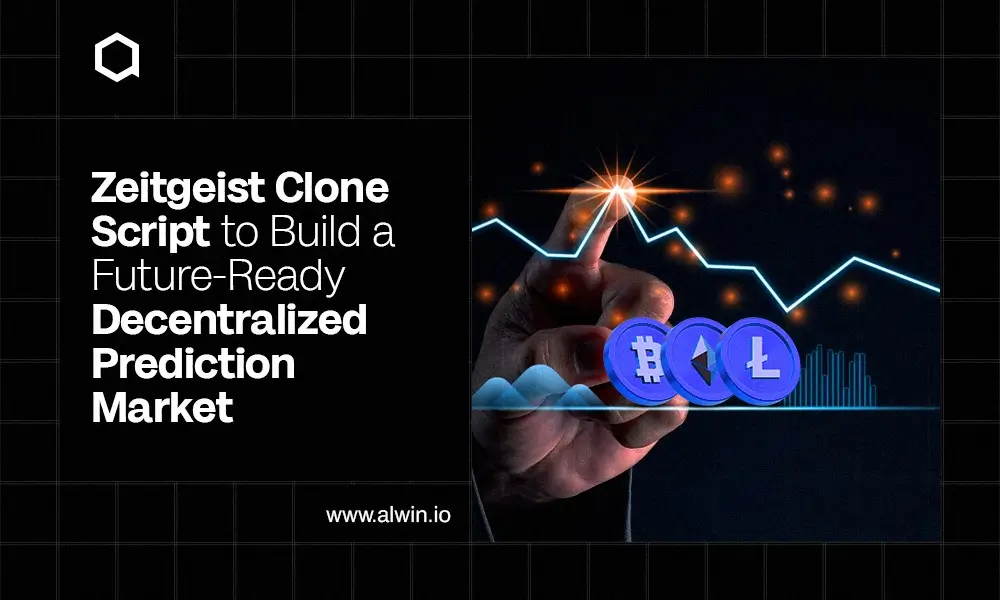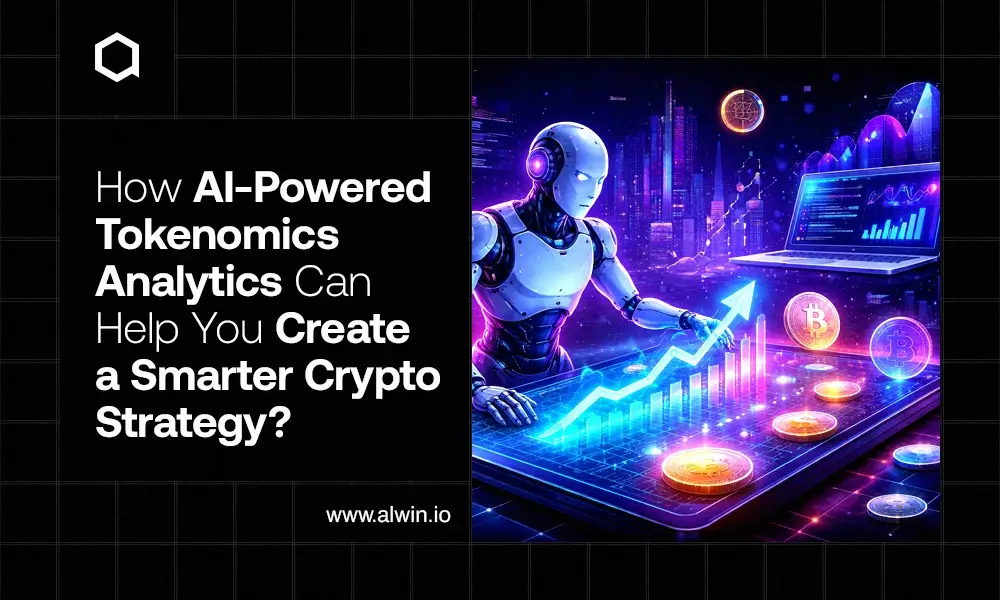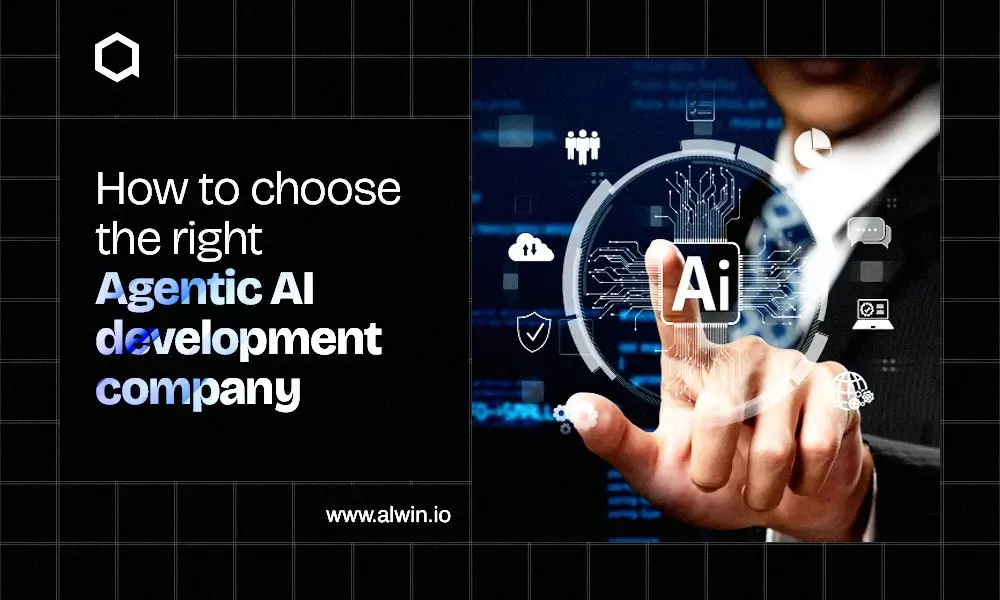It’s essential to comprehend the concept of fungibility since it assumes a fundamental part in the manner blockchains work.
Bitcoin and other cryptocurrencies are the most conspicuous uses of blockchain technology, and they’re instances of fungible tokens. In the event that you send someone, a Bitcoin and they send you one back, it doesn’t have to be a similar Bitcoin, similarly as with the ten-pound note.
Where things begin to get fascinating is the point at which you use blockchains to store non-fungible tokens. These can store or highlight information, are resolute, have exceptional properties, and aren’t tradeable. non-fungible tokens initially accomplished prominence through the blockchain-based CryptoKitties game, where players gather and breed digital cats.
Fungible Tokens
Fungibility is the good or asset to be interchanged with other individual goods or assets of similar sort. Fungible resources improve the exchange and trade processes, as fungibility infers equal value between the assets.
Advantages of Fungibility:
Fungibility is the ability of a good or asset to be readily interchanged for another kind.
Like goods and assets which are not interchangeable, the owned cars and houses are non-fungible.
Money is a prime example of something fungible, where a $1 bill is easily convertible into four quarters or ten dimes, etc.
Understanding Fungibility :
Fungibility infers that two things are indistinguishable in detail, where singular units can be commonly subbed.
For instance, explicit evaluations of products, like No. 2 yellow corn, are fungible since it doesn't make any difference where the corn was developed; all corn assigned as No. 2 yellow corn merits a similar sum. Commodities, common shares, options, and dollar bills are the examples of fungible goods.
Cross-listed stocks, which allude to the portions of stock recorded on different trades are as yet thought to be fungible. The shares may represent the same ownership interest in a firm, whether you got them on the New York Stock Exchange or the Tokyo Stock Exchange. Despite the fact that fungibility is normally connected with account, it is likewise found in other disciplines, such as quantum physics.
Fungible tokens were proven as cryptocurrencies :
Blockchain is a disruptive innovation that is changing our economy. It is a list of records, stored in a distributed ledger and is permanent by design. Each record (for example block) contains a cryptographic hash of a past record and a timestamp and thus makes a rundown, a chain of blocks— blockchain. Data, once put away on a blockchain, can't be modified. Thus, individuals trust the data on a blockchain. Basically, what the web was to correspond to, blockchain is to trust.
Fungible tokens are commonly utilized for tracking balances and making payments. A model use case is restricting the tokens to an association's record balance in a payment account so that payments should be possible with token exchanges, and periodical settlement netting can be done by querying the resulting token balances.
With fungible tokens, each account will have a balance which is based on the number of tokens of which the account owns. Tokens can be effortlessly moved to other Ethereum accounts through swap techniques or direct exchanges. Much the same as bank moves, when a symbolic exchange is executed, the source account is charged with the measure of the exchange, while the recipient account is credited a similar sum. Kaleido underpins the ERC20 token detail for fungible tokens.
What is a Fungible Token?
Fungible tokens were dominated in the early long stretches of blockchain networks.
Fungible cryptocurrencies form the majority of tokens on the market. Fungible tokens are digital assets built-in context with each individual token being comparable to the next. For instance, fiat money is fungible as $20 notes are interchangeable with real $20 notes. Essentially, one Bitcoin is equivalent to one Bitcoin, and it’s equivalent to all other remaining Bitcoins.
This prompts fungibility totally fundamental for the concept of currency, regardless of whether they can be crypto or something else.
Utilizing Bitcoin for instance, we can swap a large portion of a Bitcoin for any other individual's large portion of a Bitcoin, feeling that our Bitcoin parts hold a similar worth, regardless of being parts of various coins.
What is a non-fungible token?
Non-fungible assets are ordinary stuff. Non-fungible tokens start by presenting the possibility of fungibility. Fungible tokens is characterized as one that will be supplanted and be supplanted by another indistinguishable thing. To improve comprehension of what a non-fungible asset is, think about the things you own. The chair you are sitting in, your phone, your laptop, anything you could go and sell online. These fall under non-fungible things.
A currency is the best example of a fungible asset. Five dollars is always five dollars no issue of the serial number on the specific five-dollar bill, or whether it's five dollars sitting in your bank account. The ability to change a five-dollar bill with another five-dollar bill is what meant to be currency fungible. Let’s go for an example of business class, economy class, and first-class flight tickets. Each ticket is fungible within its class, but we couldn't swap a first-class ticket for a business class ticket. In this example, if a person who cares about sitting in a window seat vs an aisle seat might not be considered to change economy class tickets.

Crypto Kitties are non-fungible tokens
Non-fungible tokens are designed to be unique, collectible items. CryptoKitties are similarly non-fungible. They are perhaps the most well-known example of collectible, non-fungible tokens. But no Crypto Kitties are the same, this makes their value vary dramatically. This makes way to divide a Cryptokitty into smaller parts, trade them for others, and reassemble them to create new, equally valuable Cryptokitty, possible with fungible assets like Bitcoin, or gold.
Blockchain-based non-fungible tokens
We have non-fungible digital assets since the dawn of the internet, before cryptocurrencies emerged. Example: Airline points, in-game currencies. Non-fungible digital assets are event tickets, in-game items, on social networks like Twitter or Facebook. If digital ownership belongs to you and not someone else, then you own them somehow. But if the digital ownership is more like ownership in the physical world, this doesn’t always seem to be the case in digital assets. Instead, you own these assets in specific areas, which may or may not make moving them around easy.
Here is the place where the blockchains come in! Blockchains give a coordination layer for digital assets, giving the users proprietorship and management permission.
Blockchains add novel properties to non-fungible assets that change the user and developer relationships with these assets.
- Standardization
- Interoperability
- Tradeability
- Liquidity
- Immutability and provable scarcity
- Programmability
Non-fungible token standards
NFT standards make non-fungible tokens powerful. They give developers the guarantee that assets will behave in a way to interact with the functionality of the assets.
ERC721
ERC721 is said to be the first standard for representing non-fungible digital assets. ERC721 is a Solidity smart contract standard, as the developers can easily create new ERC721 contracts by importing it. ERC721 provides a permissioned way to transfer these assets, using the transfer from method.
ERC1155
ERC1155 carries the possibility of semi-fungibility to the NFT world. With ERC1155, IDs represent not a single asset but classes of assets. One advantage of this standard is that if a user wanted to transfer 1000 swords, they would need to modify the smart contract’s state for 1000 unique tokens. With ERC1155, the developer needs only quantity 1000 and performs a single transfer operation.
Pros of Non-fungible tokens
ERC-721 standard is a way with which every significant asset could be tokenized on a public or hybrid blockchain with immutability and security.
Non-fungible tokens can be designed with a way more resources than available. Users can do this by adding extra context and information to the asset’s metadata.
Non-fungible tokens Overview
Non-fungible tokens were dominated in the early years of blockchain networks.
They are a more diverse asset class that could have more impactful use cases than native blockchain tokens or other fungible tokens.
Non-fungible tokens are unique in nature, with varying properties that can be differentiated from each other.
CryptoKitties in 2017 is a major example of a NFT. It is said to be the game on the Ethereum blockchain where players can collect and breed digital cats, and where each cat’s digital material is stored on the Ethereum blockchain.
Non-fungible tokens are utilized in decentralized applications like crypto-collectables or crypto-games. They enable the tokenization of all types of assets, whether it is digital or real.
They allow unique investments like real estate, or other real-world assets and securities.
The concept of non-fungible crypto tokens was to use Bitcoin tokens to represent real-world assets like stocks, bonds and commodities.
The success of ERC-721 also triggered other blockchain projects, such as NEO blockchain, to begin the development of their own non-fungible token standards.
Use Cases of NFT
Crypto-collectibles & Crypto-games
Asset Tokens
Identity Tokens & Certificates
Access Tokens
Access Transfer Tokens
Final Thoughts
For some organizations, it will be blockchain’s capacity to deal with non-fungible tokens that will develop as opposed to its utilization as a cryptocurrency. These days, a lot of lives are characterized by our own information and regardless of how strong safety efforts we or the information regulators take, information is in danger and personality thefts happen. With non-fungible tokens, users can store proofs of identity on the blockchain while keeping the identity data safely put away without help from anyone else, difficult to be forged or stolen.
In conclusion, venturing into the realm of token development opens a gateway to innovation, security, and financial transformation. Our token development company stands at the forefront of this dynamic industry, offering tailored solutions that cater to diverse business needs. With our expertise in blockchain technology, smart contract development, and comprehensive security protocols, we empower businesses to leverage the full potential of decentralized ecosystems.



